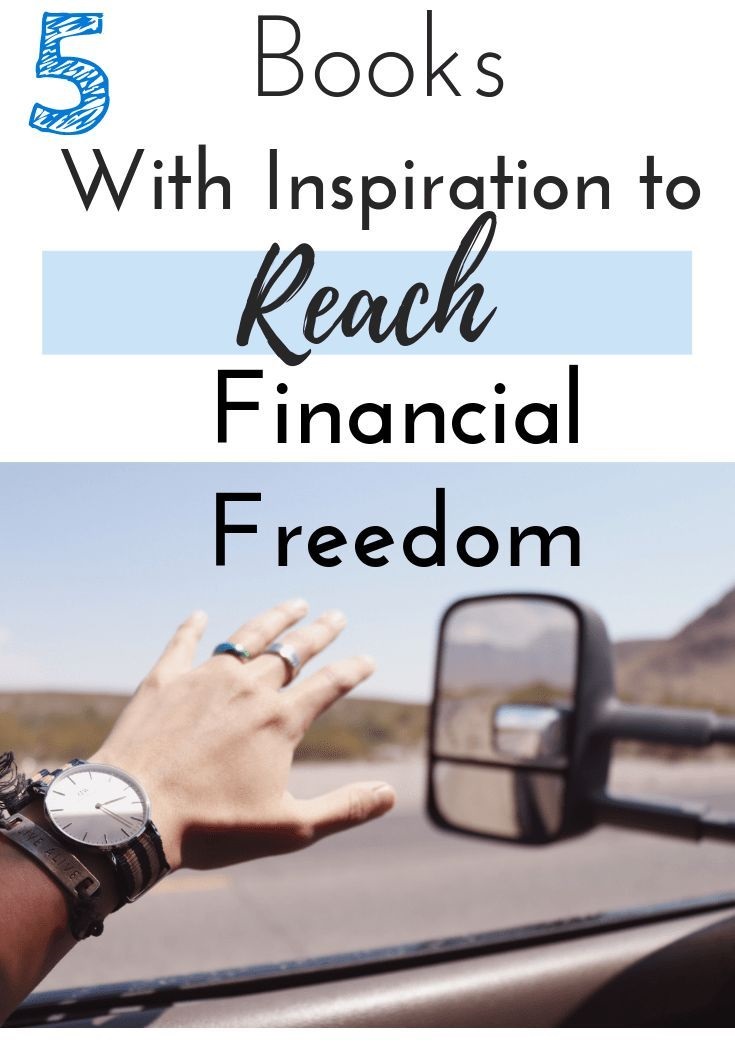Why Millennials Need Insurance Now
July 6, 2022Why childless couples should still purchase life insurance
July 18, 2022Being financially free has significantly altered my life.
How much time do we truly spend learning how to manage money when we spend most of our lives working for it? Spending time reading books to assist me to escape from a life I didn’t enjoy was one of the most significant things I did over the past five years. Every day, I would get up early, work for 10 to 12 hours in a dim office, and then return the next day exhausted.

Can you picture being wealthy enough to live the life of your choosing without having to work every day? You can start your own journey toward financial freedom by reading these books. You’ll finally stop worrying about money and truly use it as a tool to develop your wealth by investing in yourself and your education.
I didn’t realize how much these books would aid me in accepting happiness and pursuing my true aspirations when I initially read the first one and later learned about the others. I sincerely hope you find them as uplifting and influential as I did.
MY FAVORITE BOOKS ON FINANCIAL FREEDOM
1. TIM FERRIS’S : THE 4-HOUR WORKWEEK
Tim Ferris is a successful businessman who has sold millions of copies of his books and has an encouraging podcast. On a gorgeous Sicilian beach, I read this book on my Kindle. I wanted to leave my job because I detested it and was working more than 60 hours each week.
The way Tim encourages you to work smarter, not harder, is what I found most appealing about this book. Additionally, it exhorts you to simply stop thinking and start acting. I agreed with his suggestion to take periodic “mini-retirements” during your life.
Not everyone wants to leave their employment, but in order to be happy, finding the perfect balance between work and life is crucial! This book made it clear to me that you can break free from the 9 to 5 and generate passive income streams to support your lifestyle without being tethered to your computer every day.
2. ROBERT KYOSAKI’s: RICH DAD POOR DAD
In this book, Robert Kyosaki discusses his upbringing and the financial lessons he received from his two very different fathers (one was the father of his childhood friend). The very different perspectives of his affluent dad’s friend and his less wealthy father reveal quite distinct perspectives on life and wealth.
The importance of financial education and how little we are taught about it when we are young we’re both made clear to me by this book. The major thing I took away from “Rich Dad, Poor Dad” was the distinction between assets and liabilities and the value of having money work for you rather than for you to work for it.
3. DAVID JOSEPH SCHWARTZ’s: THE MAGIC OF THINKING BIG
Despite the fact that the first edition of this book was published in 1959, over 6 million people have read and praised it for a reason: its message is just as relevant today as it was then. The focus of the book is on developing self-confidence, getting rid of negativity, and the significance of believing in oneself.
You can only find happiness by thinking large and surrounding yourself with positive people.Why set yourself back?
4. THOMAS STANLEY AND WILLIAM DANKO’S: THE millionaire next door
Genuine billionaires are those that live well below their means and amass their fortune via toil and savings, which is a tremendous insight into who they are. Stanley Thomas speaks with hundreds of millionaires, and they are very different from what you may expect.
They won’t frequently travel from Hollywood, but they frequently reside nearby. Especially motivating if your goal is to become a millionaire one day.
5. JIM COLLINS’: THE SIMPLE PATH TO WEALTH
Due to the fact that I am the worst gambler in history, I have always been frightened of making stock market investments. When I ever visited Casino, I couldn’t even force myself to play at a table. I’ve always viewed stock investing as gambling and have avoided it completely for a very long time.
Then I learned about Vanguard, The Simple Path to Wealth, and Index Investing. This book by Jim Collins gives you a great insight into Index Investing and the reasons why it has been successful for so long, but I can’t say that I am now a great investor and I am still concerned about the market being overvalued.
This book is for you if you want your money to work for you, if you want a straightforward strategy, and if you don’t want to experiment with dangerous tactics.
It’s been one of the best, most accessible books on financial independence I’ve read to support my journey into investing.
ARE YOU READY TO BEGIN YOUR PATH TO FINANCIAL FREEDOM?
I sincerely hope these books on financial freedom inspire you as much as they have me! Learn how you may increase your wealth right now.
Although it’s not the most crucial thing in life, having good money management skills will definitely set you free!

